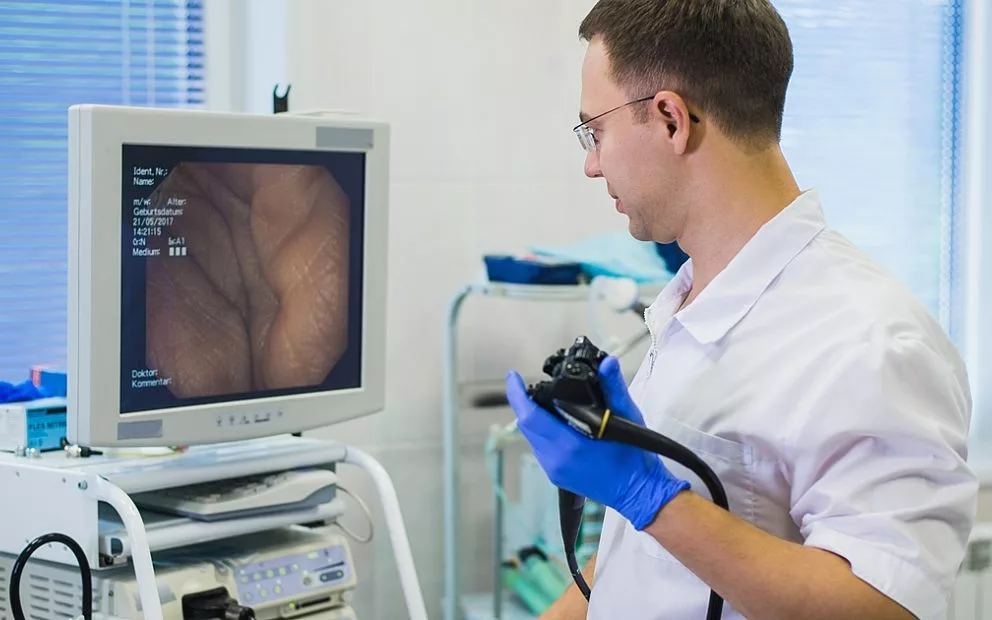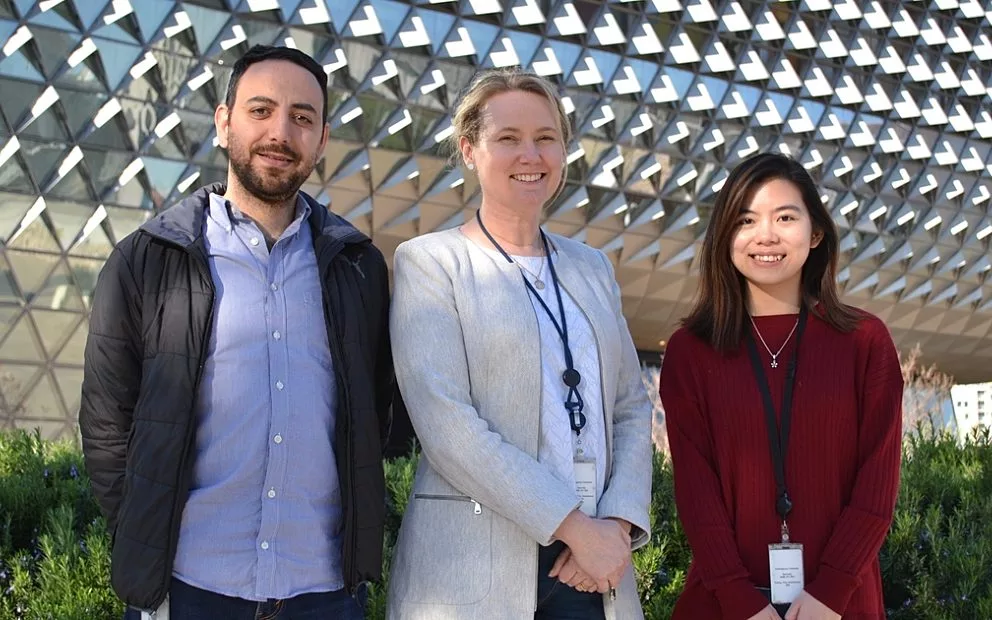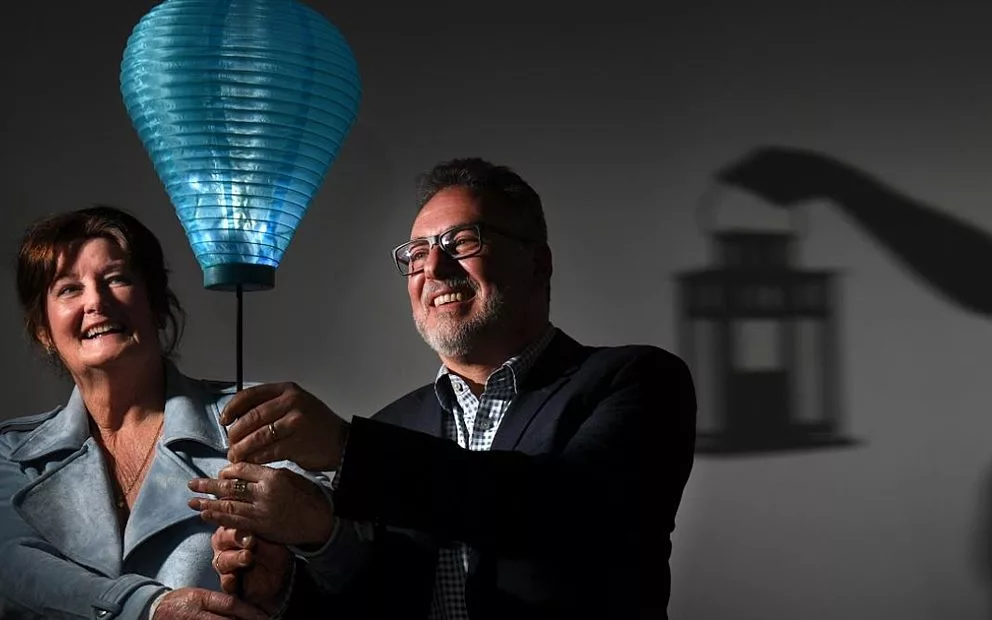The capacity of the National Bowel Cancer Screening Program to save lives and money relies on the public having more precise information about colonoscopy providers, according to a team of gastrointestinal experts.
In a letter published today in the Medical Journal of Australia, SAHMRI Cancer Research Fellow Dr Dan Worthley and his colleagues, Dr Peter Bampton, Dr Tarik Sammour, Dr Gregor Brown and Dr David Hewett, make their case for uniform ratings based on each colonoscopy provider’s affordability, availability and ability to perform the service.
“A patient needing a colonoscopy could get it done for free in a public hospital, but sometimes not in a timely manner, which we consider to be within 120 days of referral,” Dr Worthley said.
“Alternatively, the private system is typically efficient timewise, but the cost can vary widely and be hard to comprehend because of multiple separate fees.”
Dr Worthley says whether a patient chooses the private or public system, they need to know the ability of the colonoscopist performing their procedure.
“The detection rate of adenoma, which is a precancerous polyp, is a commonly accepted quality indicator. We think that information should be readily available from each colonoscopist,” Dr Worthley said.
The letter’s authors tested the practicality of a discounted, anaesthetist-assisted private colonoscopy service through a practice in metropolitan Adelaide.
“For an out-of-pocket cost of $310 per patient we performed 100 colonoscopies with an average wait time of 29 days,” Dr Worthley said.
“We diagnosed seven cancers, with an adenoma detection rate of 66 per cent.”
The total cost for the trial program was $94,895, comprising $31,000 from the 100 patients and $63,895 that was bulk-billed for clinicopathological services.
“That’s less than half the $190,000 that 100 colonoscopies would have cost the public system,” Dr Worthley said.
“The program didn’t cost-shift, it cost-saved the health system $95,105.”
Judith Forrest, whose cancer was diagnosed during the trial, praised any initiative that makes the health system quicker and easier to navigate.
“The last thing you want at a time like that, when your health, and potentially your life, is at stake is to not have clear information about what your options are,” the 58-year-old said.
SAHMRI's Cancer Theme is supported by funding from Cancer Council SA's Beat Cancer Project.



